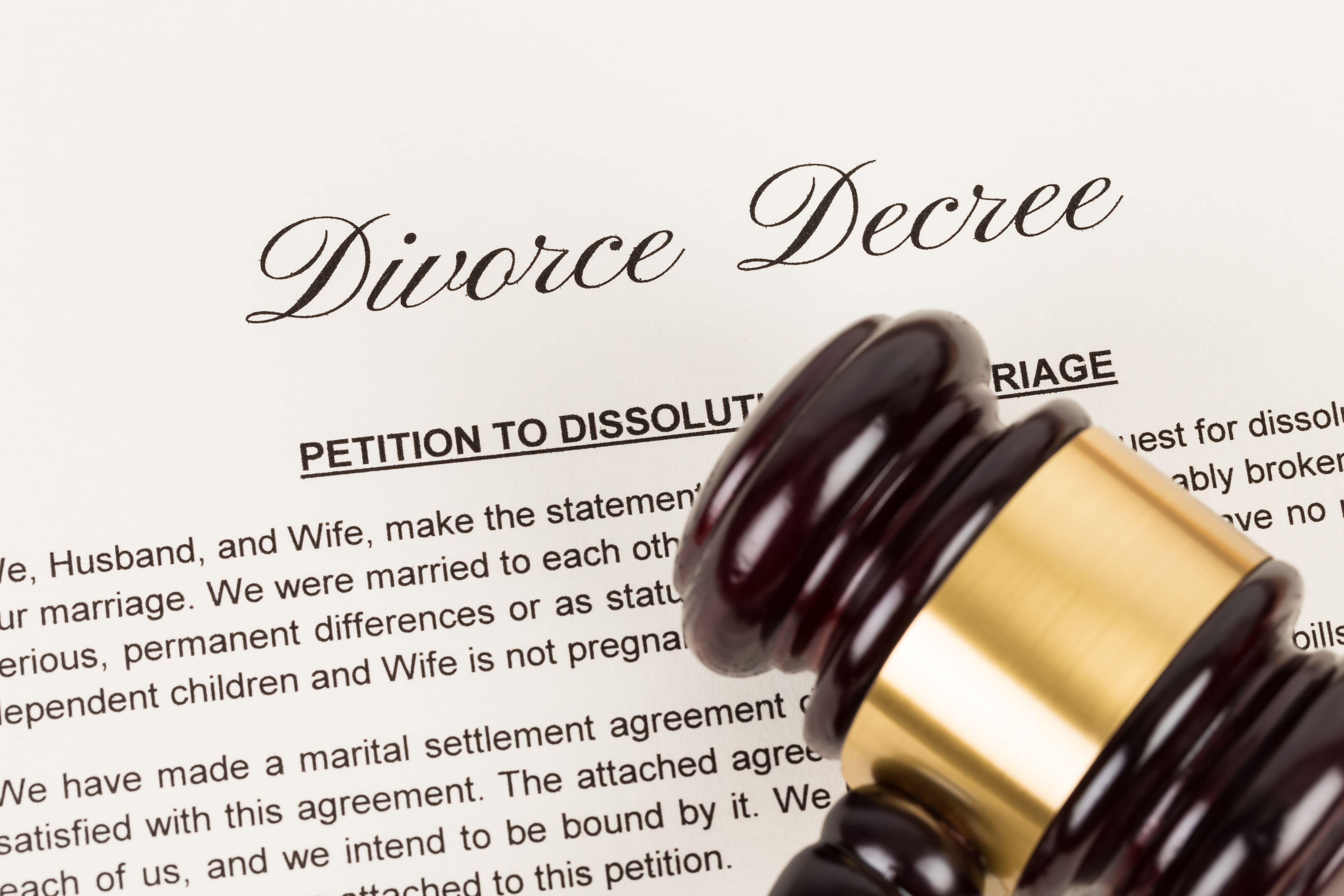After receiving your Final Judgment of Dissolution of Marriage or Child Custody determination from the court there are only two ways to overcome and alter this final ruling; through appeal or modification. If you and your attorney believe there has been a discrepancy in the ruling in relation to Florida statute, or obvious bias by a judge you may explore the option of appeal. In contrast, if you have a pre existing court order and a substantial change in circumstances have occurred you will need to proceed to petition the court for a modification. Modification is only a means to change an existing order, while an appeal is questioning the factual grounds or bias behind a court’s decision.
There are major differences between an appeal and a modification. The timeline and statutory grounds required of each being the main focus. With a modification, there is no statutory timeline for a petition. Rather, the court only requires that you meet certain standards; such as a substantial change in circumstances. Substantial changes in circumstances can happen at any time following an entry of a final judgment, therefore a timeline for such a petition would be futile. In order to qualify as a substantial change in circumstances, you must be able to show the court that the change is involuntary, unanticipated and permanent. Courts have held, a parent’s criminal history, health issues, relocation, or signs of abuse or neglect to rise to the standard of substantial change in circumstances. However, such statutory provision may be difficult to prove and are unique to each case. Further, when petitioning for a modification, you will file such in the same court as your original petition. There will be no change in judge or level of court; unlike an appeal. Your Orlando Divorce Attorney will be able to discuss your options in regards to a petition of modification and further determine if your situation qualifies as a substantial change.
Appeals are much more stringent in nature than modifications. Appeals from family law cases are heard in the court of appeals for your district. The court of appeals are typically a three judge panel and are of superior authority to the lower district courts. Grounds for an appeal are error of law or abuse of discretion. If you wish to appeal a final order, you must first file a notice of appeal and pay court costs within 30 days of the entry of the final order. This notice of appeal will be filed with the lower court that adjudicated the initial hearing. Failure to meet this deadline serves as a waiver to your right to an appeal. This deadline is strict and is rarely extended. After notice of your appeal, you will then be required to file an initial brief within 70 days of your notice. The initial brief will contain your legal and factual arguments substantiating your claim of reversal of the original order. This brief is lengthy and will be a large factor in the court’s determination. It is important to have an experienced Orlando Divorce Attorney drafting these documents on your behalf.
When seeking to change your plan, it is important to understand the differing terms and what path needs to be taken in your specific situation. Whether you feel that your plan needs to be modified, or if you feel that a serious error occurred and you need to appeal a decision handed down by the Florida courts, contact an experienced Child Custody Attorney for assistance in this complicated process.
Speaking to an attorney at our Orlando office is free of charge, and we accept calls 24 hours a day, 7 days a week. Contact us at 407-512-0887 or complete an online contact form to get in touch with a member of our team today.


